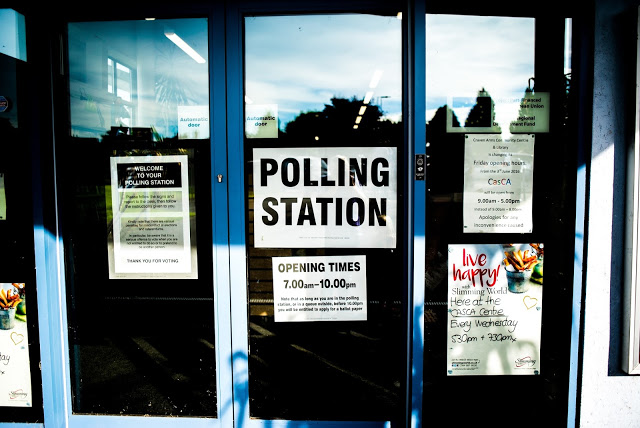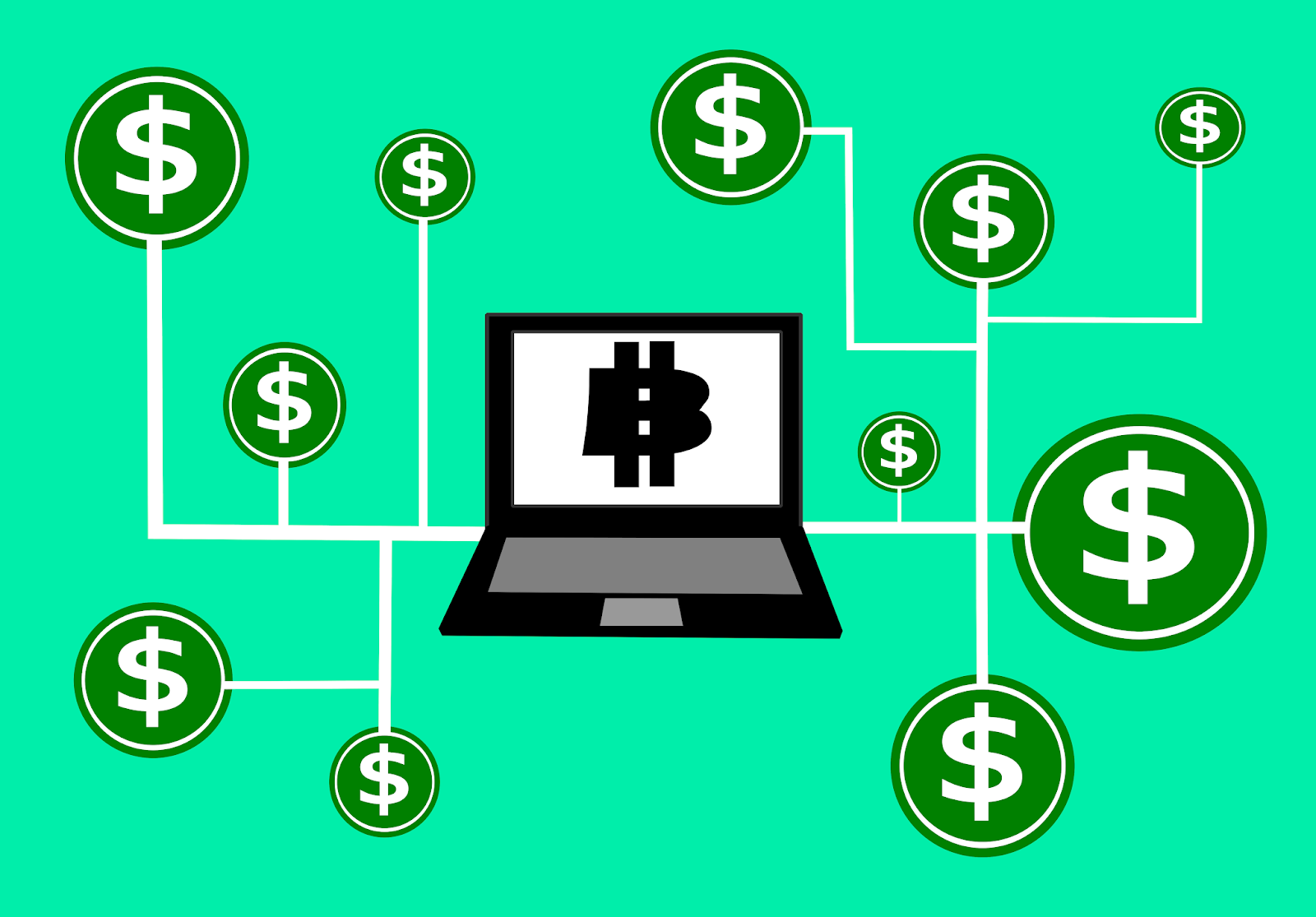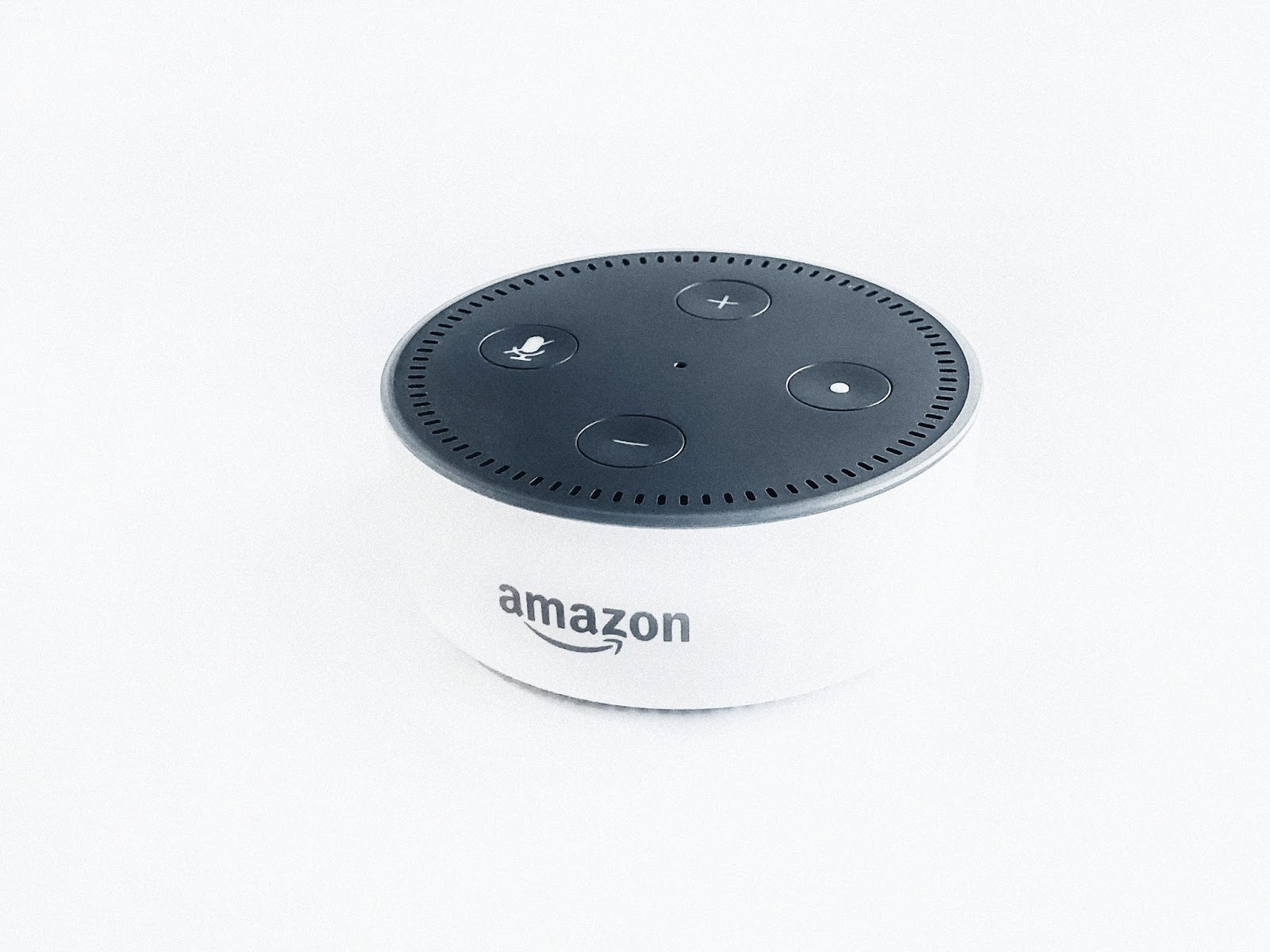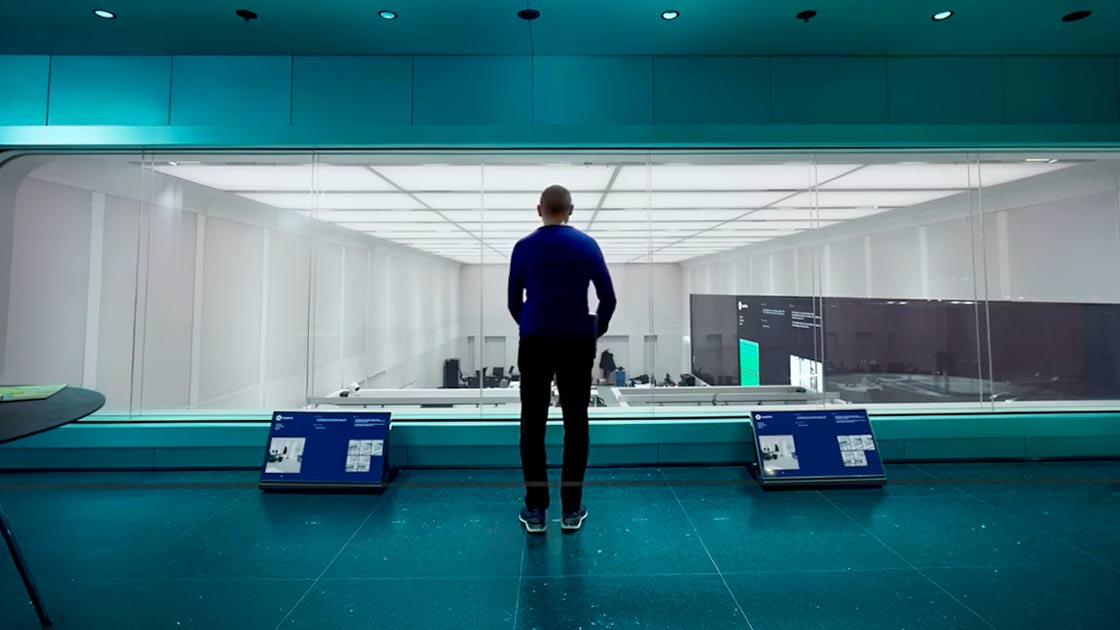Big Data and the Blockchain phenomenon: Part II
What can Big Data bring to the table?
Who can benefit from blockchain?
- Healthcare - 2017 saw an unprecedented rise in healthcare cyber-attacks, including ones targeting the NHS in the UK and a variety of providers in the US. In the healthcare sector, due to the delicate nature of information, good management of patient data is paramount. Mismanagement can lead to misdiagnosis since different "touchpoints" may end up having differing patient records. Blockchain, as we saw previously, involves a "distributed ledger" which means that each touchpoint (GP, A+E etc) would have an up-to-date copy of patient information. This not only improves accuracy of information but can reduce the risk of hacks too, since each node in the peer-to-peer network must validate any change to the blockchain.
- Governments - High profile claims of voter fraud have plagued elections in recent times. For example, Donald Trump said (without evidence) that between 3 and 5 million people cost him the popular vote in the 2016 elections by voting illegally. The traditional system of manually counting votes seems to have had its day. With blockchain technology, identity can be verified at the point of registration and voting could be done electronically. In this way, there would be a public ledger of all recorded votes and fraudulent votes would be removed. Check out Follow My Vote to see an example of how this could work. Governments can also by slow, opaque and full of bureaucracy and block-chain based systems could make them transparent to the public and increase trust. Dubai plans to put all government documents on the blockchain by 2020.
 Figure 2 : Physical polling stations may be replaced by online voting systems based on blockchains.
Figure 2 : Physical polling stations may be replaced by online voting systems based on blockchains.
- Design - One of the issues facing graphic designers and other content creators is the large amount of processing power that is required to work on, render and export their creation. The startup Golem describes themselves as a "decentralized supercomputer", and their service involves the sharing of spare computing resources. Suppliers install a plugin which analyzes how much spare capacity (in terms of processing etc) they are running with and then offers this excess to those who need it. The plugin is non-intrusive and is currently applied to CGI rendering with future applications that will include Machine Learning and more.
- Real Estate - Buying and selling houses often involves a very slow process full of unexpected additional fees. A system based on blockchains would significantly speed up the process since it would remove the need for paper-based records. Fees would also be reduced since blockchains reduce the need for third parties. Ubitquity is an example of a company working in this area.
- Charity - In this area, the greatest complaint is that inefficiencies and corruption exists which mean that your donations don't reach those that need them most. For example, text based donations can occassionally take a small percentage of the donation to pay for the service. Since blockchain technology is fully end-to-end, donors would be able to fully trace where their money goes. Comapnies such as the BitGive Foundation are using Bitcoin to do this.
 Hybrid Cloud
Hybrid Cloud Cyber Security & NaaS
Cyber Security & NaaS AI & Data
AI & Data IoT & Connectivity
IoT & Connectivity Business Applications
Business Applications Intelligent Workplace
Intelligent Workplace Consulting & Professional Services
Consulting & Professional Services Small Medium Enterprise
Small Medium Enterprise Health and Social Care
Health and Social Care Industry
Industry Retail
Retail Tourism and Leisure
Tourism and Leisure Transport & Logistics
Transport & Logistics Energy & Utilities
Energy & Utilities Banking and Finance
Banking and Finance Smart Cities
Smart Cities Public Sector
Public Sector




